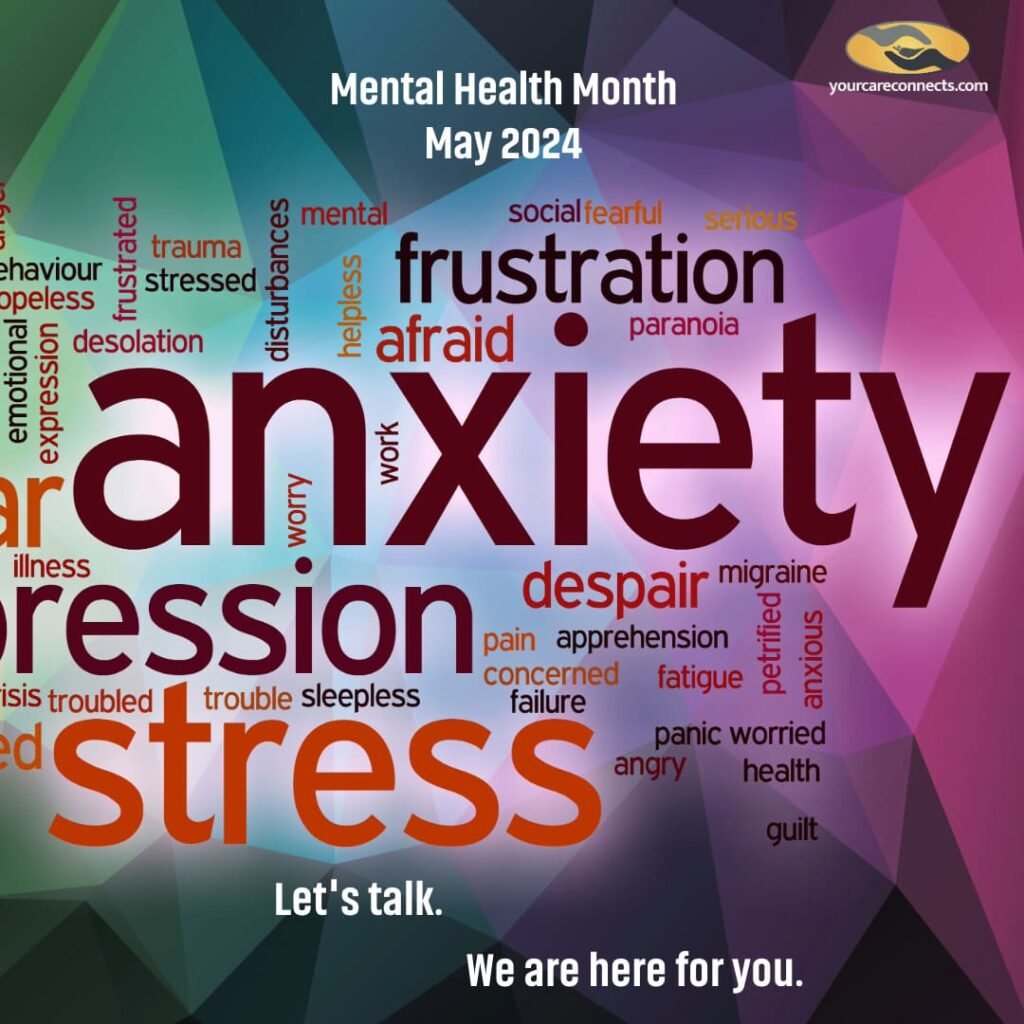

A mental health crisis is a situation in which a person’s mental health deteriorates to the point where they are unable to function in their daily life. This can manifest in various ways, such as severe anxiety, depression, panic attacks, or suicidal thoughts. A mental health crisis can occur suddenly or develop gradually over time. Understanding what is a mental health crisis is crucial for providing timely and effective support to those in need.
Behavioral health refers to the connection between behaviors and the health and well-being of the body, mind, and spirit. It encompasses mental health, substance abuse, and other behaviors that impact an individual’s health. Understanding what is behavioral health is essential for recognizing the comprehensive approach needed to address mental health issues.
In recent years, there has been a significant increase in the number of people diagnosed with mental health conditions. This growth can be attributed to several factors, including greater awareness, improved diagnostic techniques, and the reduction of stigma surrounding mental health.
One of the primary reasons for the rise in mental health diagnoses is increased awareness and education about mental health issues. Campaigns and initiatives have been launched globally to educate the public about mental health, what is a mental health crisis, and what is behavioral health. This has led to more people recognizing the signs and symptoms of mental health conditions and seeking help. For more information on global mental health awareness, you can visit the World Health Organization’s mental health page.
Advancements in medical and psychological research have led to improved diagnostic techniques, making it easier for healthcare professionals to identify mental health conditions. With better tools and criteria, clinicians can more accurately diagnose what is a mental health crisis and provide appropriate interventions.
The reduction of stigma surrounding mental health has also contributed to the increase in diagnoses. As society becomes more accepting of mental health issues, individuals are more likely to seek help and receive a diagnosis. This shift in attitude has been crucial in helping people understand what is behavioral health and the importance of addressing mental health concerns.
The rise in mental health diagnoses can also be linked to various societal, environmental, and individual factors. Understanding these causes is essential for addressing what is a mental health crisis and what is behavioral health.
Societal factors such as economic stress, social isolation, and the impact of social media can contribute to mental health issues. Economic instability and job insecurity can lead to anxiety and depression. Social isolation, particularly exacerbated by the COVID-19 pandemic, has also been a significant factor. The influence of social media, with its potential for cyberbullying and unrealistic comparisons, can negatively affect mental health.
Environmental factors, including exposure to trauma, violence, and adverse childhood experiences, play a critical role in the development of mental health conditions. Understanding what is a mental health crisis often involves examining these environmental influences and their impact on individuals.
Individual factors such as genetics, personality traits, and personal experiences can also contribute to mental health issues. Genetic predisposition can make some individuals more susceptible to conditions like depression and anxiety. Personality traits, such as high levels of neuroticism, can also increase the risk of mental health problems.
Addressing the rise in mental health diagnoses requires a multi-faceted approach that includes education, early intervention, and access to mental health services. Understanding what is behavioral health and what is a mental health crisis is the first step in creating effective strategies to support those in need.
Continued efforts to educate the public about mental health, what is a mental health crisis, and what is behavioral health are essential. Schools, workplaces, and communities should be equipped with resources and information to support mental health awareness.
Early intervention is crucial in addressing mental health issues before they escalate into crises. Identifying and addressing mental health concerns at an early stage can prevent the development of more severe conditions. This includes recognizing the signs of what is a mental health crisis and providing timely support.
Ensuring access to mental health services is vital for addressing the growing number of diagnoses. This includes providing affordable and accessible mental health care, as well as integrating mental health services into primary care settings. Understanding what is behavioral health and incorporating it into healthcare systems can improve overall well-being.
Now you will be able to advertise and publicize your services or products through us.
Be part of the premium providers.